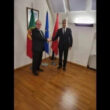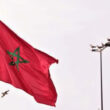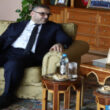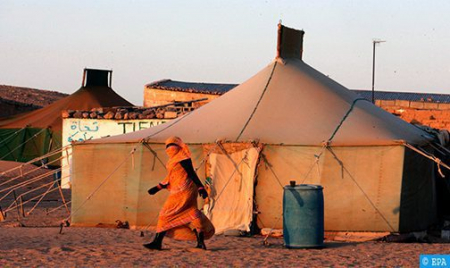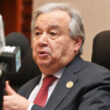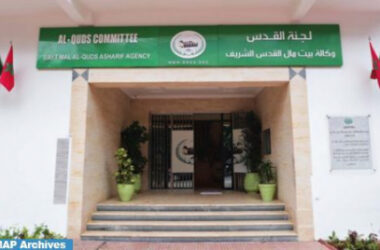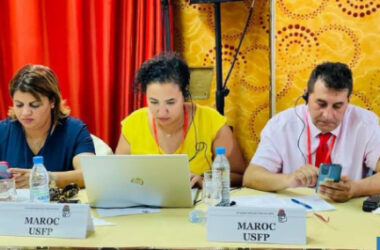In an article published on the newspaper “Dakartimes”, the Senegalese expert said that the WFP has documented irrefutably the detour and sale of food from humanitarian aid in the markets of the Algerian city of Tindouf, outside the camps, as well as in neighboring countries, while the population of the camps lives in undignified conditions, marked by chronic undernutrition, especially among women and children.
“Most seriously, WFP has reiterated its concern about the lack of registration and census of the population in the Tindouf camps and the potential for detour that this unique situation makes possible,” it laments, noting that this is also an exceptional situation in the world with regard to international humanitarian law insofar as for nearly 50 years these populations have never been identified, nor registered as refugees, nor counted, which has deprived them of all the rights guaranteed by the Convention of July 28, 1951 relating to the Status of Refugees.
The director of Cispaix, based in Dakar, said that the report also pointed out the impossibility for UN agencies to have unhindered access to the camps, calling the internal control of the distribution of humanitarian aid carried out by the “polisario” of biased control by nature.
He said that this control granted by Algeria to these militias of the distribution of humanitarian aid is part of the broader framework of the illegal delegation of authority over the camps of Tindouf to an armed separatist group with close ties to terrorist groups operating in the Sahel.
The lucrative opportunities opened by the systematic detour of humanitarian aid to the leaders of the “polisario” allows them to maintain a luxurious lifestyle, at the expense of the European taxpayer and at the expense of women and children in the camps of Tindouf, delivered to the throes of chronic anemia, explains the Senegalese political scientist, recalling that long before, the European Union Anti-Fraud Office (OLAF) had pointed in a report made public in 2015, a methodical detour for over four decades of humanitarian aid granted to Sahrawis sequestered in the camps of Tindouf on Algerian territory.
This report based on an investigation conducted by OLAF, highlights the responsibility of Algeria, an active accomplice in the detour of such aid, which usually begins upon arrival of shipments at the Algerian port of Oran, he continued, noting that these detour have been reported by other inspection reports of the Office of the United Nations High Commissioner for Refugees, as well as other intergovernmental and non-governmental organizations.


